China is one of the world's most populous countries and one of its oldest civilizations. With such a long and diverse history, it's no surprise that China has some unique and fascinating holidays. From traditional celebrations that have been around for centuries to more modern festivals that have gained popularity in recent years, there's something for everyone in China's holiday calendar.
In this article, we will go over all the major holidays that Chinese people celebrate, including traditional holidays as well as modern ones adopted in recent years.
Traditional Holidays
A fundamental part of Chinese culture is the Chinese traditional festivals and holidays. It's important to learn about these holidays and their respective traditions, originations, ways of celebration, and cultural meanings in order to have a better understanding of Chinese culture, history, and even the language.
Below, let's look at some of the most important Chinese traditional holidays.
春节 (chūn jié), Spring Festival / Chinese New Year
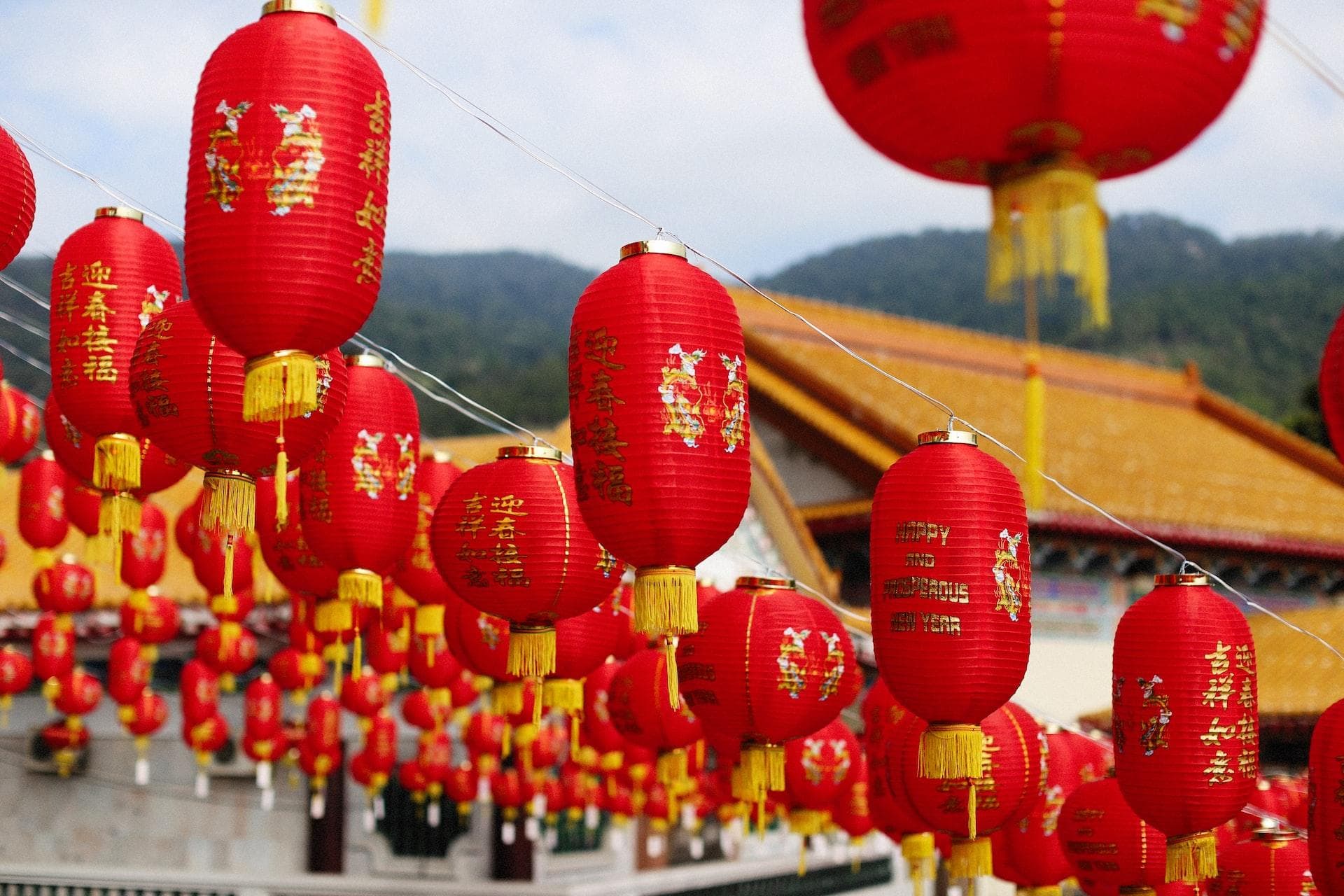
春节, the Spring Festival or Chinese Lunar New Year is perhaps the most famous of all Chinese festivals. Every year, the Chinese calendar celebrates the beginning of a new year with a two-week-long (15 days to be more exact) celebration of feasting, fireworks, and family reunions. Chinese New Year is celebrated on the first day of the first lunar month and marks the start of a new lunar year and the end of the cold winter months.
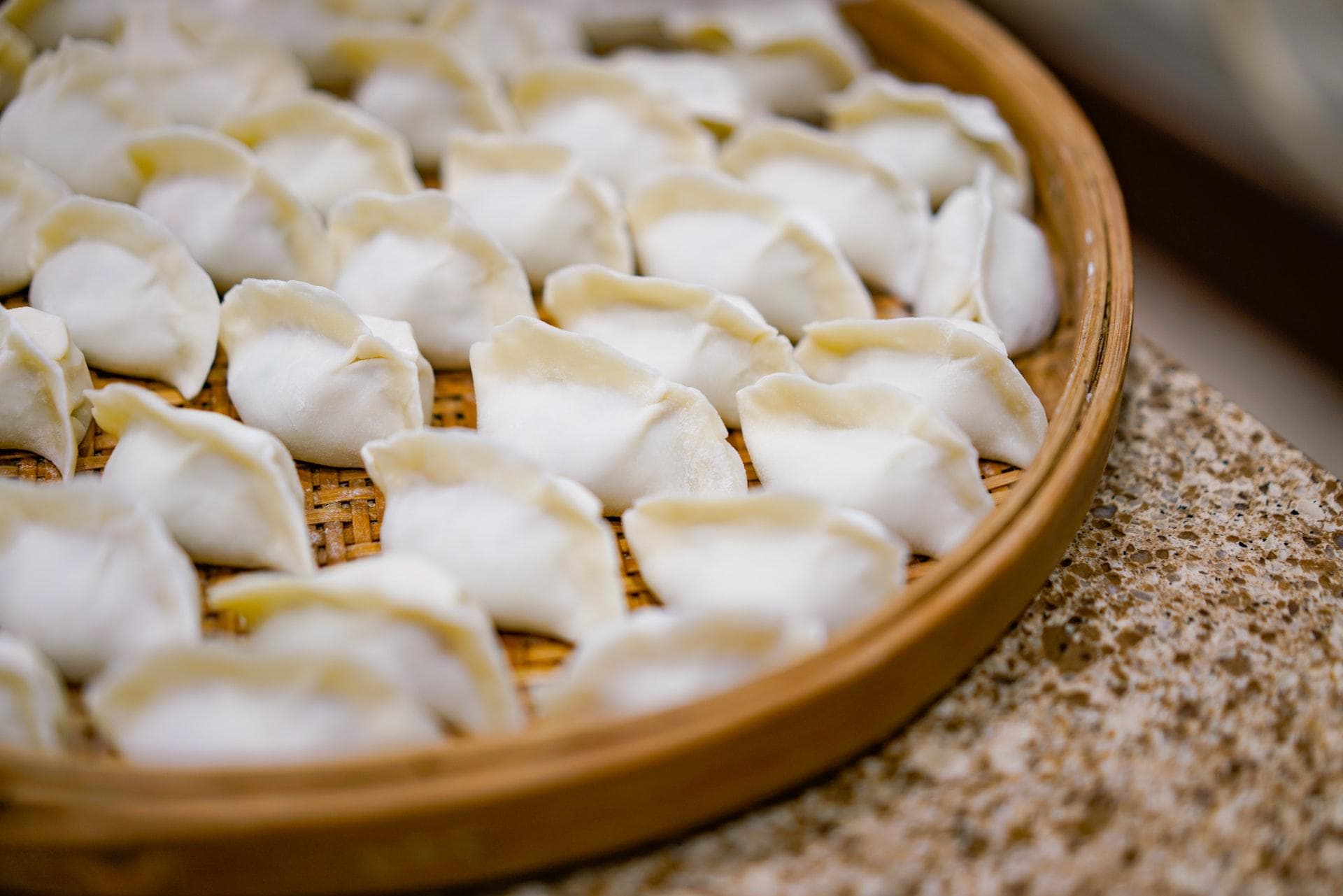
Typically, celebrations begin with Lunar New Year's Eve, where families gather to have dinner and exchange gifts. Dinner is often a big feast, especially if there are lots of family members gathering together. There are various traditional foods people eat during the Lunar New Year, such as dumplings, sweet dumplings, rice cakes, and spring rolls. Fish is also a must-have dish as it symbolizes abundance. This is because the character for fish, 鱼 (yú), sounds the same as 余 (yú), which means surplus or abundance. Other symbols of luck are also found in various dishes, such as oranges for wealth and longevity noodles for long life.
For gifts, red envelopes with money inside are often given to children, which is a way to show wishes for their good fortune, and of course to allow them to buy things they wish for the new year.
During the 15-day holiday, people celebrate with fireworks, and dragon and lion dances. They would also decorate houses with red lanterns, paper cuttings, Spring Festival couplets, etc.
Chinese New Year is an exciting time for people in China as well as for those who celebrate it across the world. It is a time for families to come together and celebrate the start of a new year with joy and happiness.
元宵节 (yuán xiāo jié), Lantern Festival
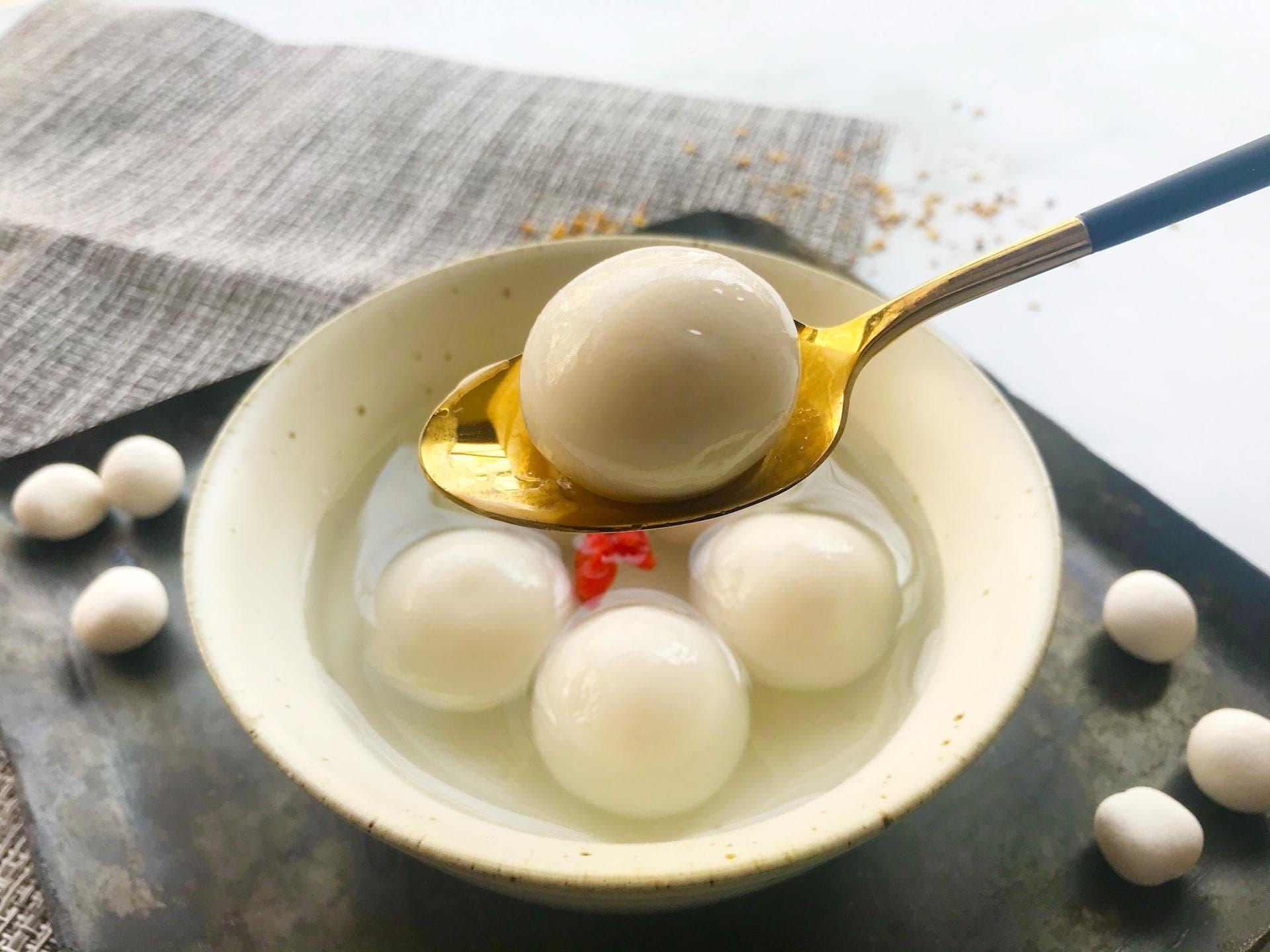
元宵节, the Lantern Festival is an important event in Chinese culture that marks the end of the Chinese New Year celebrations. It is celebrated on the 15th day of the first month of the Chinese lunar calendar (the last day of the 春节 celebration) and is usually in February. During the Lantern Festival, people display colorful lanterns in the streets and parks and set off fireworks to mark the start of the new year.
In addition to the beautiful lanterns, traditional lion dances, dragon dances, and other cultural performances are also held during the festival. This is similar to 春节 since 元宵节 is part of the long New Year holidays.
People also enjoy eating special treats like 元宵 (yuán xiāo)/汤圆 (tāng yuán), which means sticky rice balls or sweet dumplings, as well as tangerine fruits. Like the Mid-Autumn Festival, which we will introduce below, 元宵节 also takes place with a full moon, which may be part of the reason why people eat round things.
元宵节 is a joyous occasion that brings people together to celebrate the start of a new year. It is a time for people to come together enjoy each other's company, and look forward to the year ahead.
中秋节 (zhōng qiū jié), Moon Festival / Mid-Autumn Festival
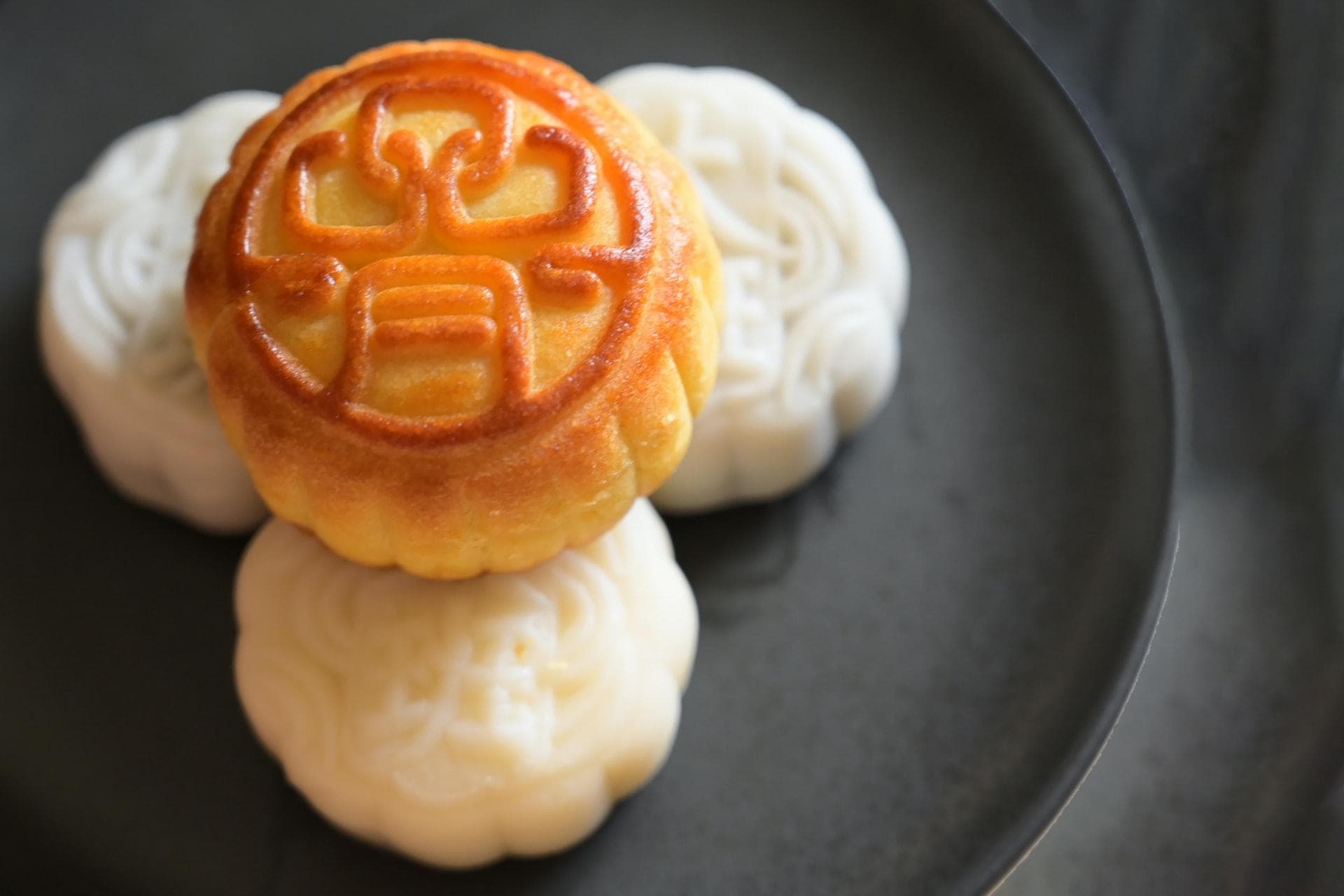
中秋节, the Moon Festival, or Mid-Autumn Festival, is one of the most important holidays in Chinese culture. It is an annual celebration of the harvest season, which takes place on the 15th day of the eighth lunar month and is usually somewhere between mid-September and mid-October, and it's always during mid-fall hence the name in Chinese - 中秋节 (Mid-Autumn Festival).
In addition, 中秋节 (the Moon Festival) always happens with a full moon, hence the translation in English (and the tradition for mooncakes).
Traditions for the festival vary from region to region, but the most common activities include lighting lanterns and eating mooncakes.
At the festival, families gather together to enjoy the festivities and reconnect with one another. It is a time to remember the past and express gratitude for the year's harvest. It is also a time to look forward to the future with hope and optimism.
中秋节 is a beautiful celebration of tradition, family, and the harvest season. It is a time of joy and celebration that has been celebrated for centuries and will continue to be celebrated for years to come.
端午节 (duān wǔ jié), Dragon Boat Festival
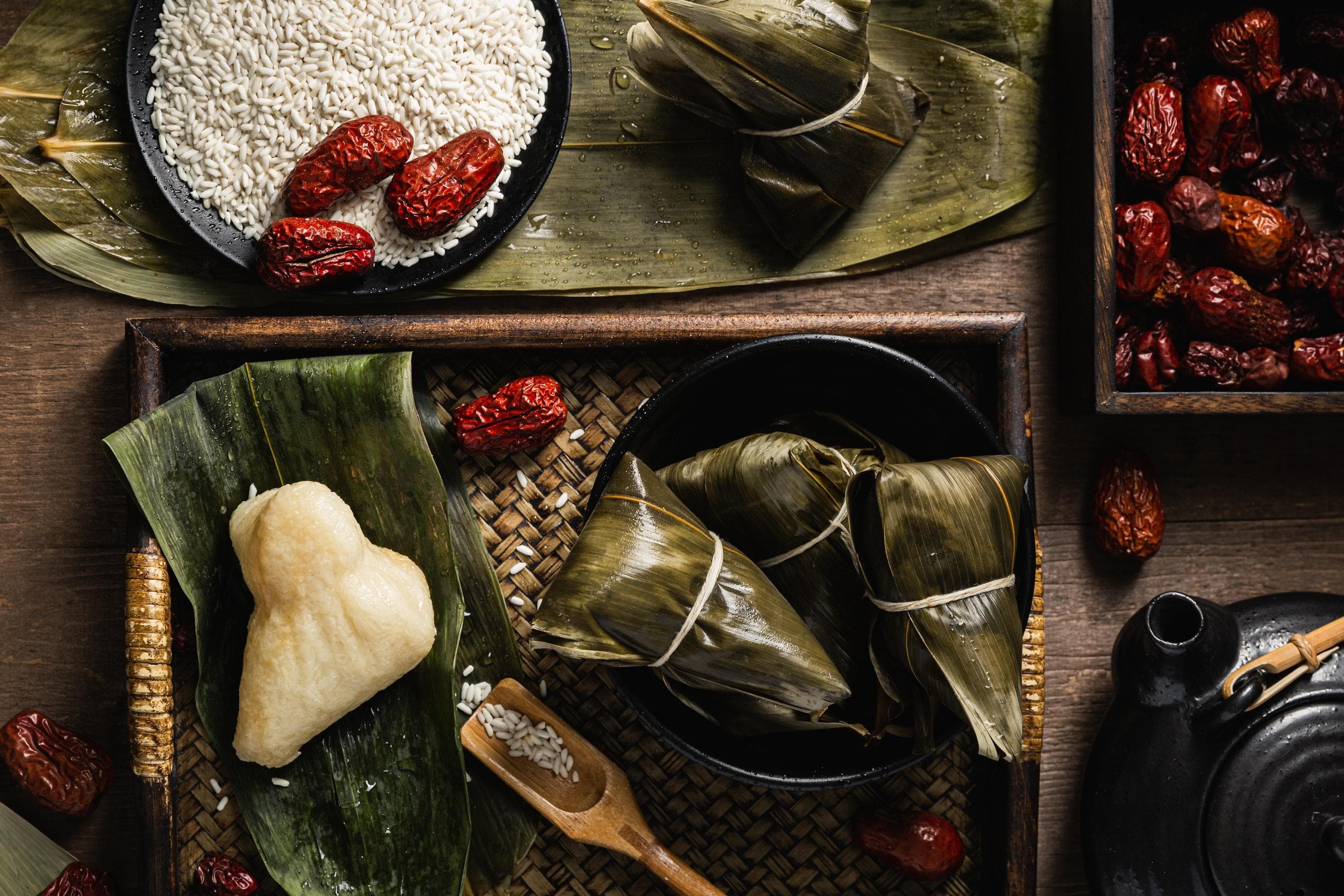
端午节, the Dragon Boat Festival, is an ancient holiday celebrated on the fifth day of the fifth month of the Chinese lunar calendar. The festival has its origins in ancient China and is still celebrated today.
The festival is a celebration of the life and death of the great poet Qu Yuan (屈原, 340 BCE - 278 BCE), who lived during the Warring States period. He was a loyal minister of the Chu Kingdom and was exiled by the king. Qu Yuan committed suicide in the Miluo River in order to protest the corruption of the court and the lack of loyalty of the people.
In order to keep Qu Yuan's spirit alive, local people would row boats out onto the river and throw zongzi, a type of dumpling made of sticky rice and filled with different fillings, into the water in an attempt to stop the fish from eating Qu Yuan's body. This custom has survived to this day and is the origin of the Dragon Boat Festival.
Today, the festival is celebrated by Chinese people all around the world. People will gather at rivers and lakes to hold dragon boat races, which involve teams of paddlers racing against each other in long boats with elaborate dragon heads carved onto the front. They will also eat zongzi, drink wine, and perform traditional dances in honor of Qu Yuan.
端午节 is a vibrant and important part of Chinese culture. It is a time for families and friends to come together and celebrate the life of a great man and the values he stood for.
清明节 (qīng míng jié), Qingming Festival / Tomb Sweeping Day
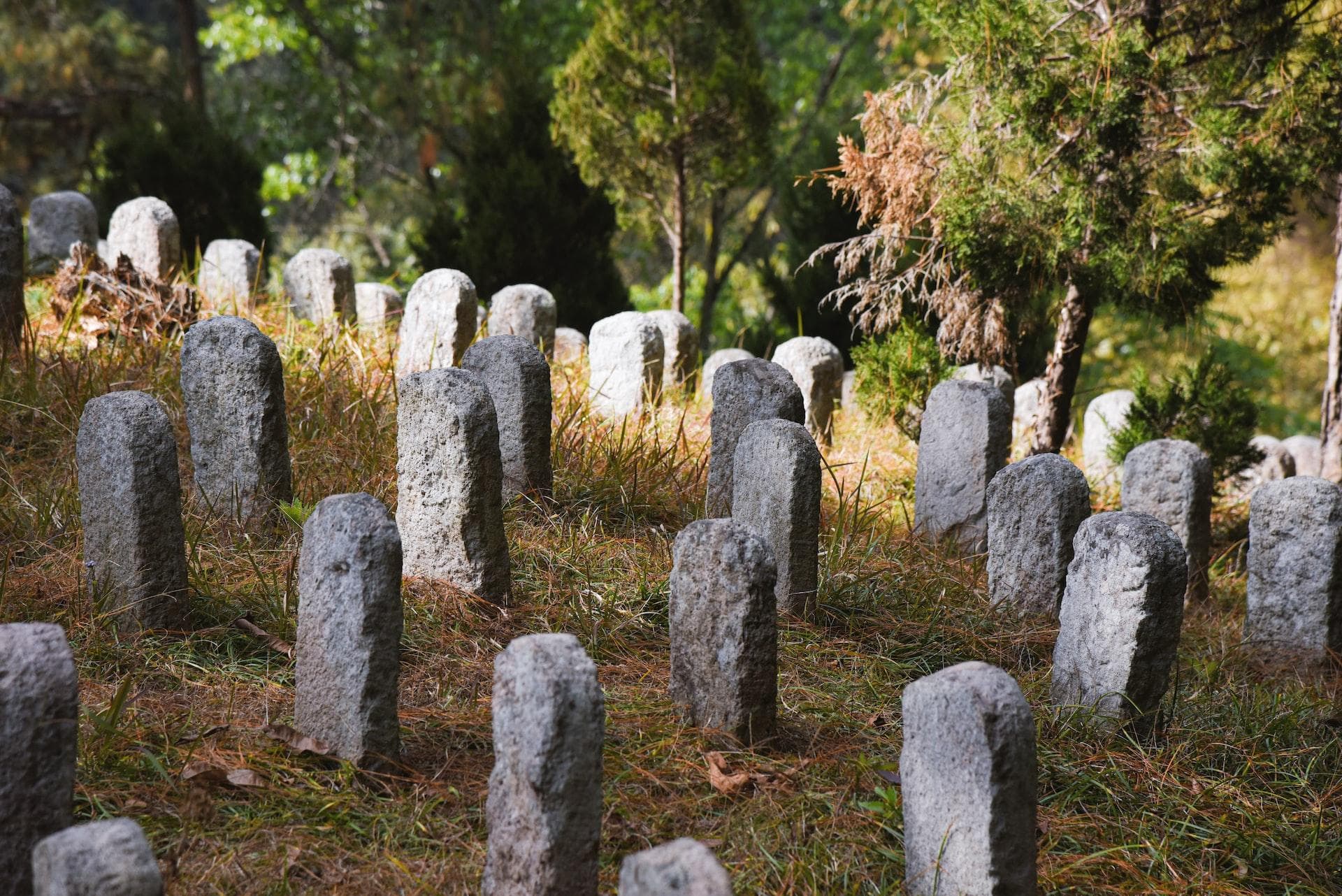
清明节, Qingming Festival, also known as Tomb Sweeping Day, is an important traditional festival in China. It is a day to honor ancestors and remember those who have passed away. It falls on the 4th or 5th of April in the Gregorian calendar (normal Western calendar).
The festival is an important occasion for Chinese people to remember their ancestors. During the festival, people visit the graves of their ancestors and offer food, tea, wine, and paper money as sacrifices. They also clean up the gravesite, burn incense, and offer prayers.
清明节 is also a time for people to enjoy the warm spring weather. People take the opportunity to go outside and fly kites, plant trees, and appreciate the beauty of nature. It is also a time for people to enjoy traditional Chinese food, often cold dishes/desserts, like sticky rice balls. They are often made with vegetables to show a green color to fit the spring theme and express wishes for good health. However, the food traditions vary from place to place.
Overall, 清明节 is a time for families to come together and remember their ancestors. It is a time for people to reflect on their past and look forward to the future.
重阳节 (chóng yáng jié), Double Ninth Festival
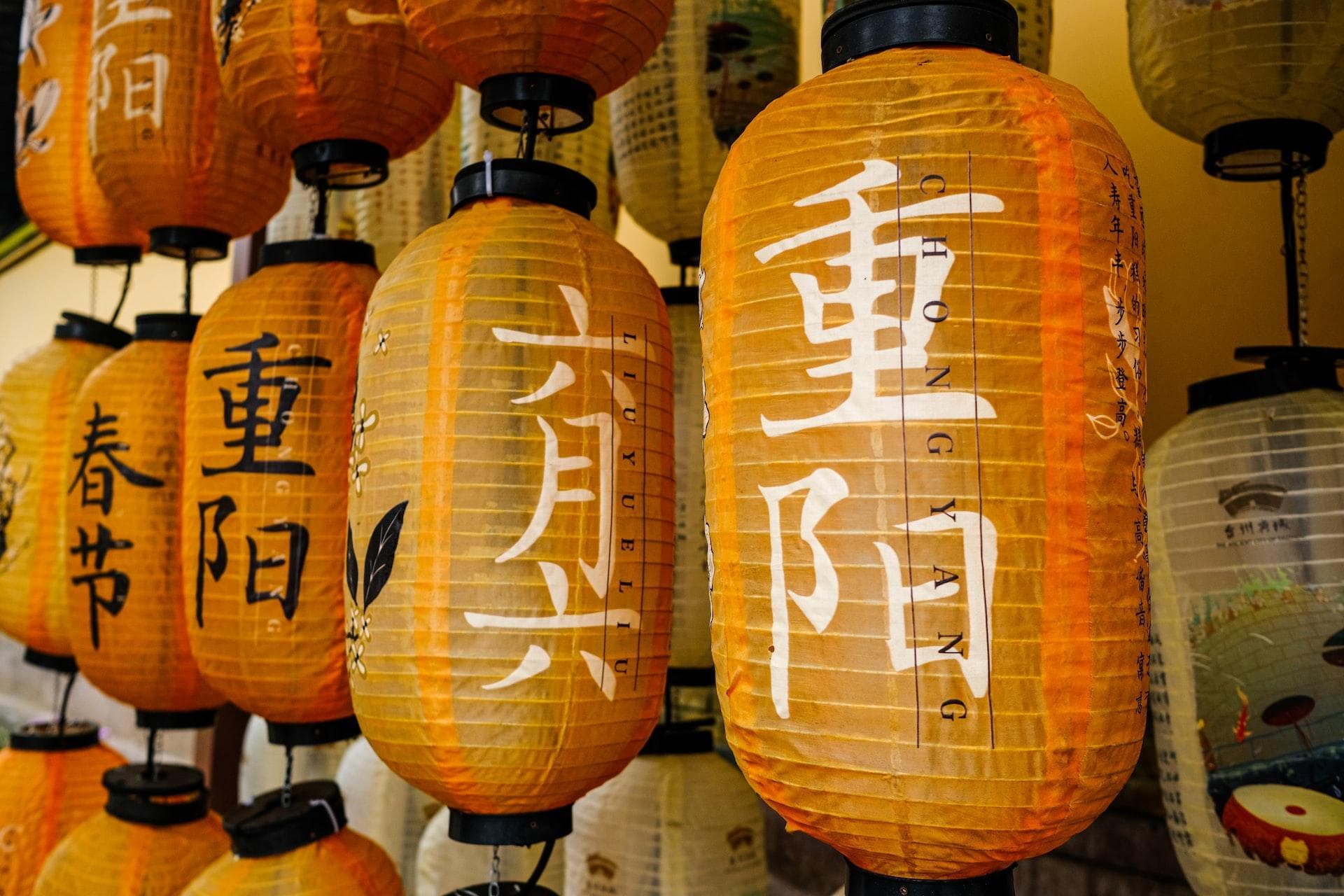
重阳节, the Double Ninth Festival, is an important holiday celebrated in China on the ninth day of the ninth lunar month. It is a time to honor the elderly, especially grandparents, as well as celebrate nature's bounty. It is now also a statutory festival for the elderly in China.
On 重阳节, people may go hiking, fly kites, and eat special cakes made with sweet chrysanthemums. This is also a time for families to get together and give gifts to their elders, such as a special cake or wine.
The festival is also a time to pay tribute to the gods and ancestors. Many people visit temples to pray and offer incense to their ancestors.
Overall, 重阳节 is an important holiday that celebrates family, nature, and the passing of time. It is a time to appreciate the beauty of the natural world, honor the elderly, and remember our ancestors.
七夕 (qī xī), Double Seventh Festival / Qixi Festival

七夕, the Double Seventh Festival, is a traditional Chinese holiday celebrated on the seventh day of the seventh month on the lunar calendar.
The holiday is said to have originated in ancient times in China and is related to Chinese astronomy. It is believed that the two stars in the sky, the Weaver Star and the Cowherd Star, are two lovers who were separated by the Milky Way. On the night of 七夕, it is said that the two stars meet above the river and are allowed to be together for a single night.
To honor the two star-crossed lovers, 七夕 has long been celebrated as a day of love. Similar to Western Valentine's Day, on this day, lovers/couples exchange presents and tokens of love, such as flowers, candies, or small gifts.
七夕 is a time-honored tradition in China and is celebrated with much joy and enthusiasm. It is a day to express love and appreciation to those around us and to celebrate our bonds of family and friendship.
Modern Holidays
In addition to traditional holidays, Chinese people also celebrate many other public holidays that have been established in recent years.
Unlike the traditional holidays above, for which the dates are typically based on the Lunar calendar, these modern holidays are generally based on the Gregorian calendar.
Below is a list of modern public holidays that are widely celebrated in China.
元旦 (yuán dàn) / 新年 (xīn nián), New Year's Day
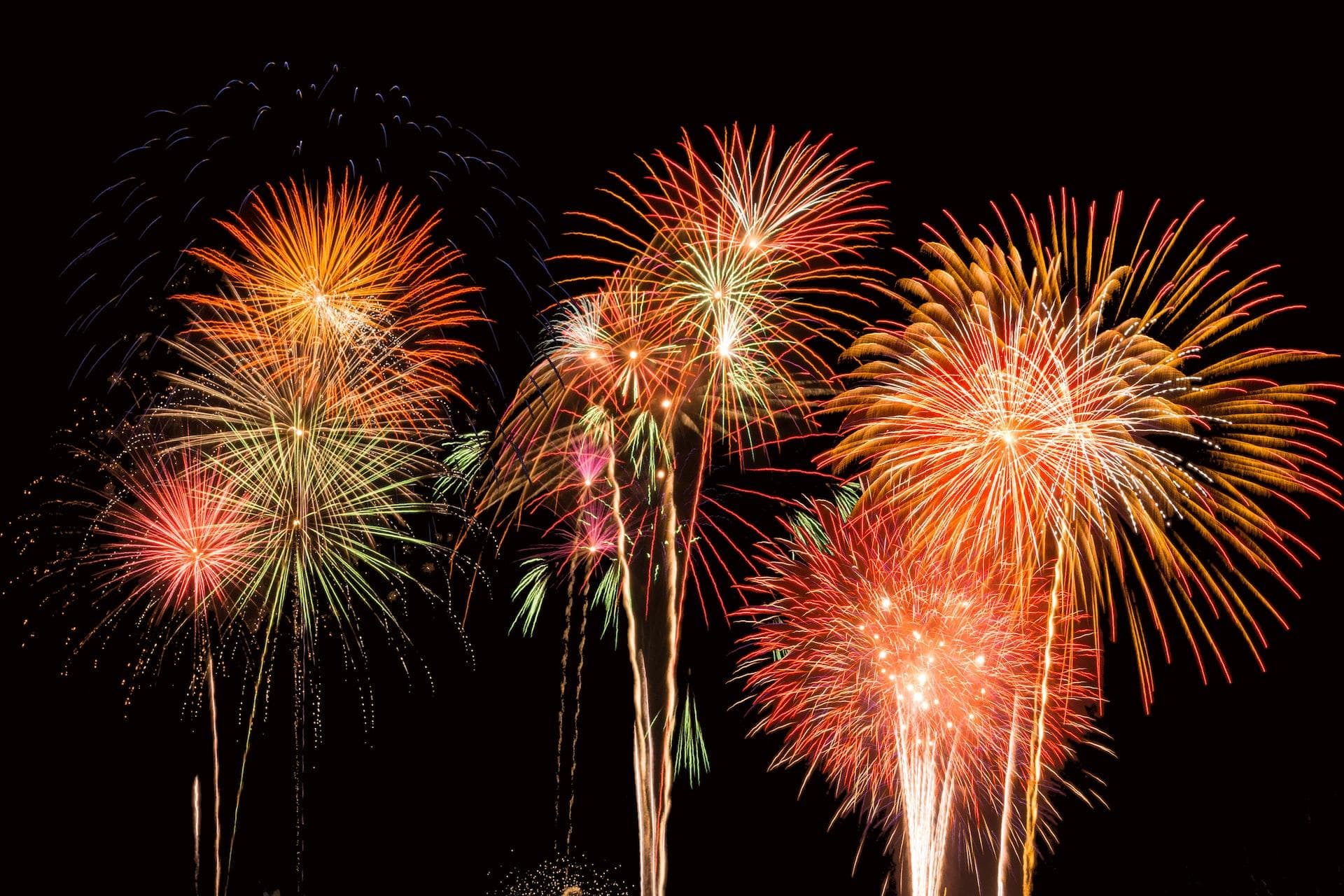
Apart from 春节, the Chinese Lunar New Year, people in China also celebrate New Year's Day on January 1st, which is called 元旦节/新年 in Chinese.
Every year, the Chinese people come together to celebrate the start of a new year with many unique traditions and activities.
Like many other countries, on New Year's Eve, people would gather together with friends and family, watch shows for the New Year's Eve party, and do the countdown together. People would also set off fireworks or go to famous spots for the countdown celebration.
Although it's just a one-day holiday, it marks the start of a new year, and it also offers a great opportunity to reflect on the past year as well as make resolutions for the new one to come.
劳动节 (láo dòng jié), Labor Day / May Day

劳动节, May Day, or International Workers' Day, is a public holiday in China celebrated on May 1st of every year. It is a day to commemorate the struggles of workers and their hard work that is so important to the growth and success of the country. The holiday is a time for people to come together and celebrate the achievements of Chinese workers.
May Day in China can be traced back to the 1920s when the Chinese government declared 劳动节 on May 1st a statutory holiday for workers' rights in 1949. Ever since the holiday has become an important day for the Chinese people to reflect on the progress of labor rights and unionization throughout the country.
Nowadays, 劳动节 is a 3-day long holiday. During the holiday, people would take a small break from work, relax with friends and family, or take the opportunity to travel somewhere.
Overall, May Day is an important holiday in China. It is a way for people to recognize the importance of workers in the country and to celebrate their successes, as well as a reminder of the importance of continuing to push for better working conditions in the country. It is also a great chance for people to relax and have fun during their otherwise busy working life.
国庆节 (guó qìng jié), National Day
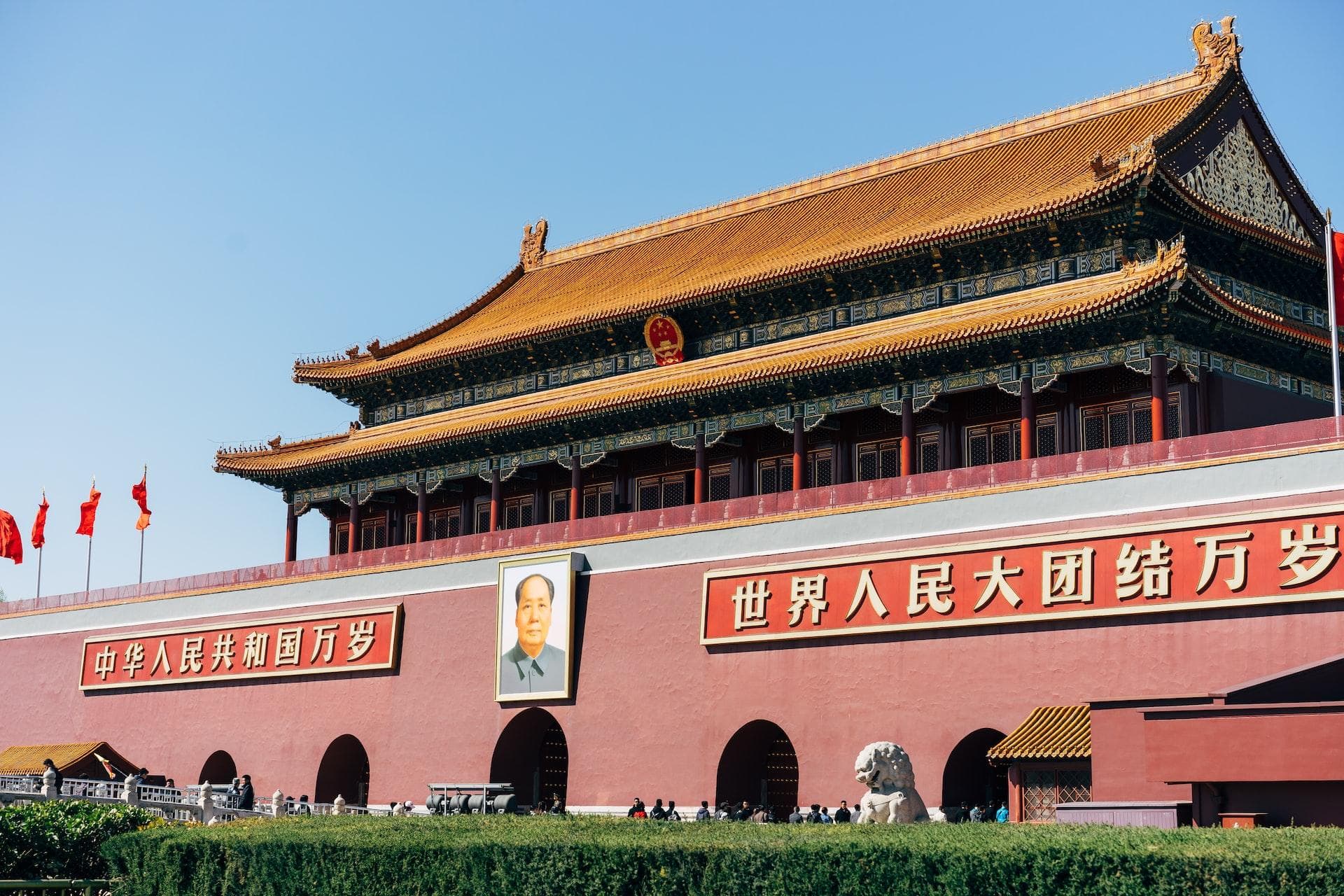
China celebrates its 国庆节, or National Day, on October 1st each year. It marks the anniversary of the founding of the People's Republic of China in 1949. On this day, people around the country take part in a variety of events, including flag-raising ceremonies, public concerts, and parades.
The most iconic event is the military parade that is generally held every 10 years, which passes through the iconic Tiananmen Square in Beijing. The parade typically features soldiers, tanks, missiles, and other military equipment.
In the past few years, the National Day celebrations have become grander. Fireworks, laser shows, and other special effects have been added to the festivities. The day is also an opportunity for the Chinese people to show their patriotism and express their pride in their country.
In fact, 国庆节 lasts for 7 days, which also gives people a good chance to take a break from work and immerse themselves in this festive holiday.
No matter how you celebrate, 国庆节 is an important occasion for all Chinese citizens to remember the past and look to the future.
Other Holidays
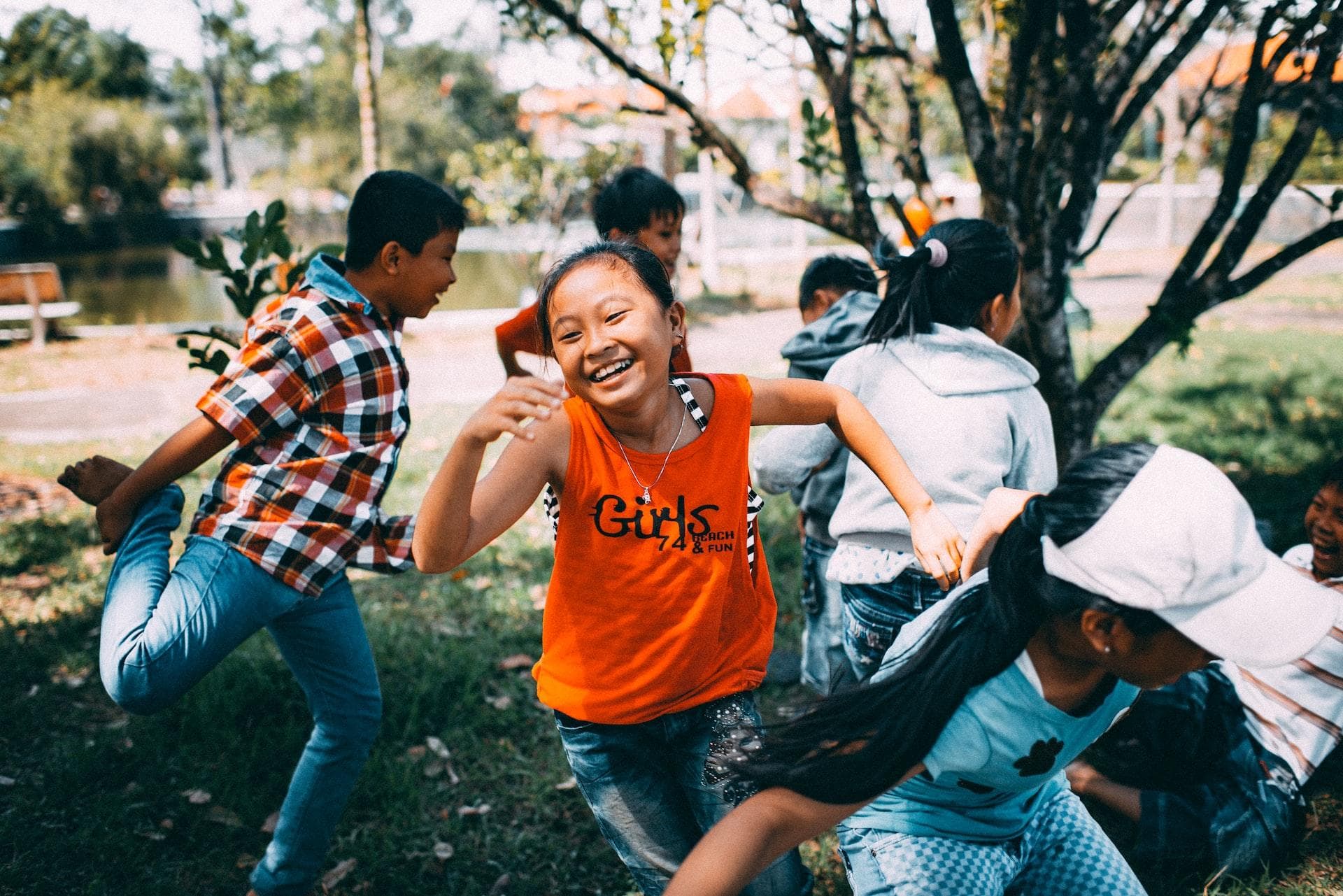
In addition to the above holidays we've gone over, there are many more official national holidays that Chinese people celebrate, including 妇女节 (fù nǚ jié, Women's Day), 儿童节 (ér tóng jié, Children's Day), 教师节 (jiào shī jié, Teacher's Day), etc.
妇女节 (国际妇女节 or 三八妇女节), International Women's Day, is celebrated on March 8th each year. It is a day to honor and recognize the achievements of women throughout history. Every year, Chinese women are celebrated for their contributions to society, their courage, and their resilience. On this special day, Chinese women of all ages can take a half-day off. It is a day to recognize the importance of women in society and their impact on the development and progress of the country.
儿童节 (国际儿童节 or 六一儿童节), International Children's Day, is celebrated on the 1st of June each year and is a day dedicated to honoring happiness and wellbeing of children all over the country. On this day, children in China can have a half or a day off, giving them a chance to have fun and celebrate their holiday. It is also a day that's established to protect children's rights of survival, health care, education, and custody, to improve their life quality, and to oppose child abuse.
In China, 教师节, Teacher's Day, is celebrated on September 10th every year in order to show appreciation to the teachers who dedicate their lives to the education of their students. Established in 1985, students would express their gratitude to their teachers with a variety of activities, such as giving gifts, reciting poems, and singing songs on this special day.
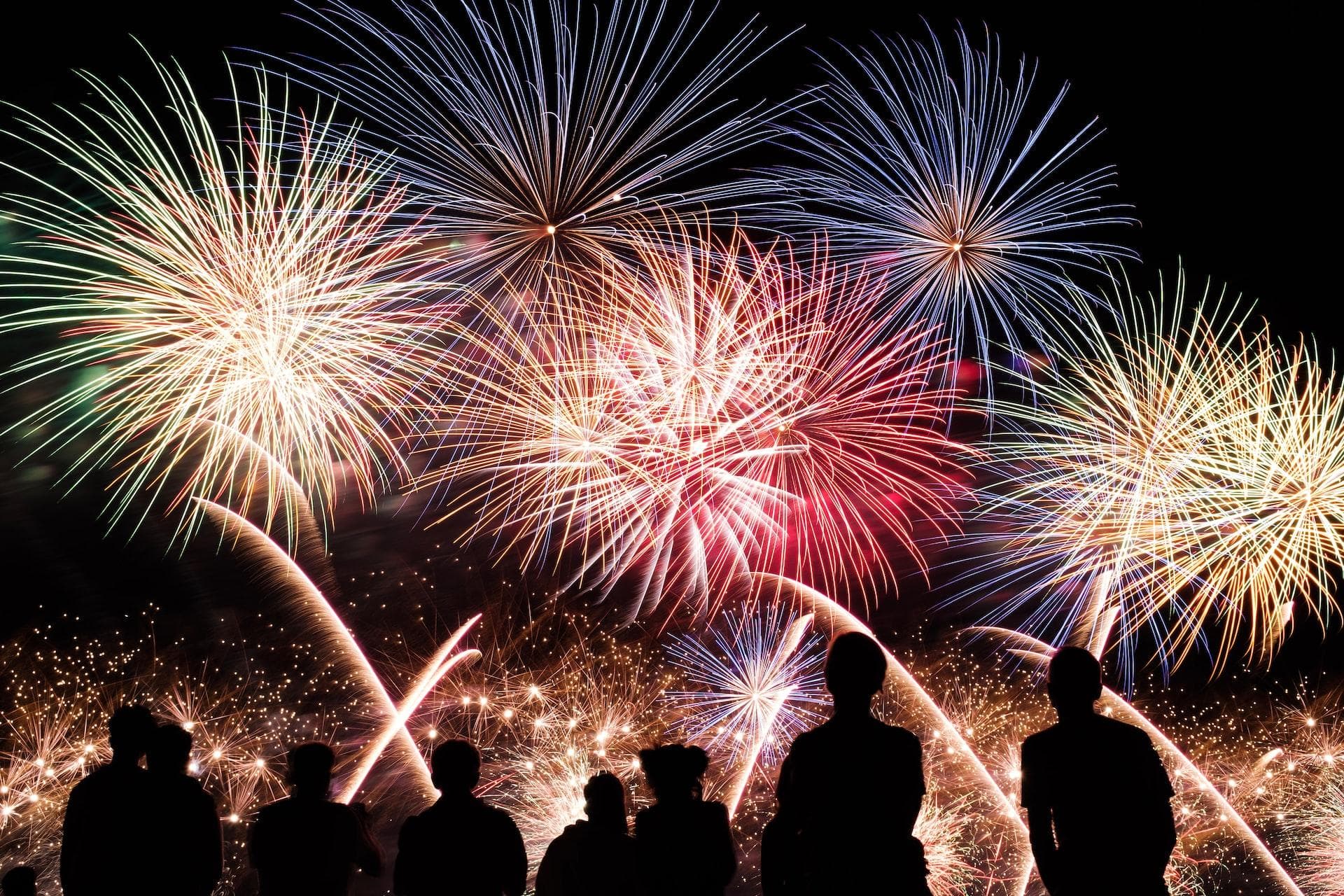
Chinese culture and tradition are celebrated in a variety of ways throughout the year, from traditional festivals that have been around for centuries to more modern holidays that have gained popularity in recent years. From the popular 春节 (Chinese New Year) to the lesser known 重阳节 (Double Ninth Festival) and modern holidays like 劳动节 (Labor Day) and 国庆节 (National Day), there's something for everyone in China's holiday calendar. It is a vibrant and exciting time for Chinese people all around the world as they come together to celebrate their culture and traditions with joy and happiness.